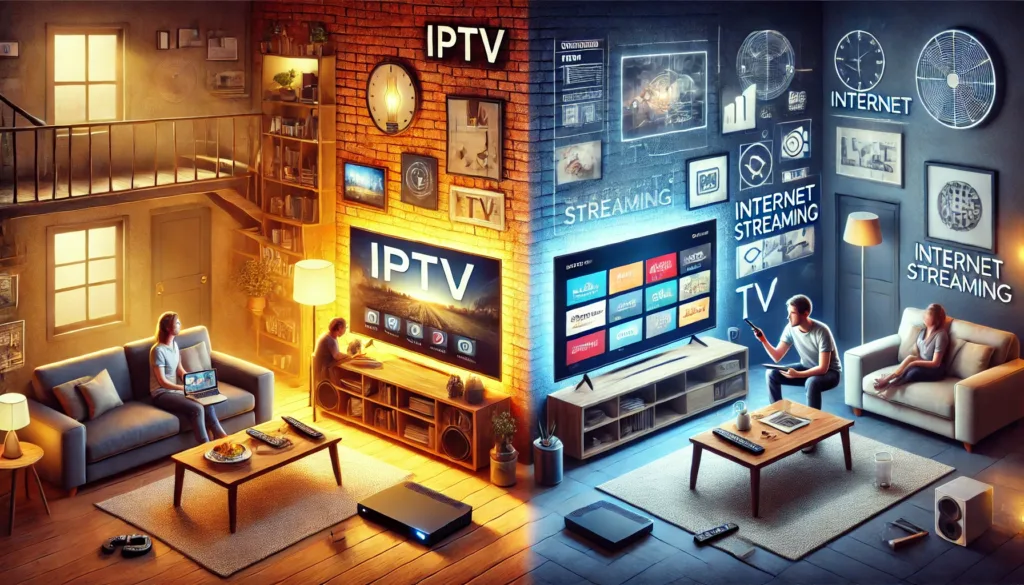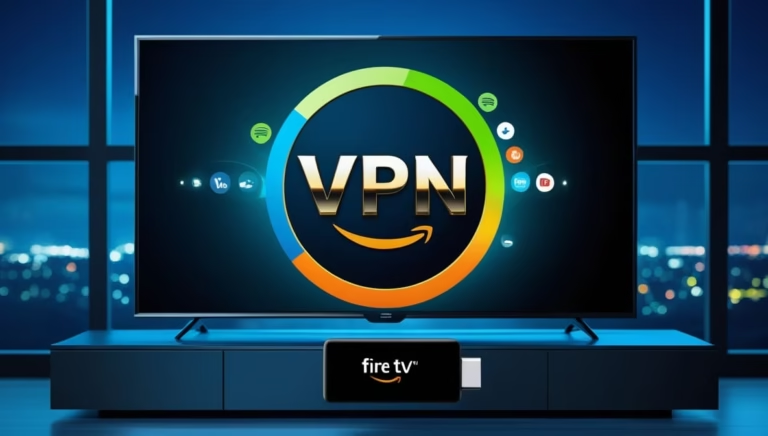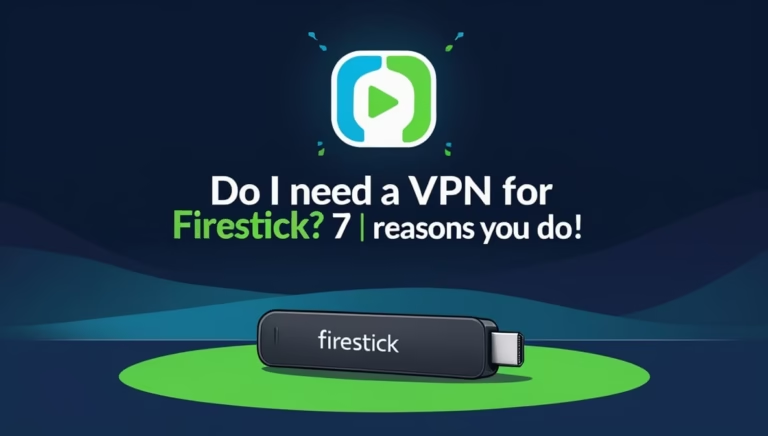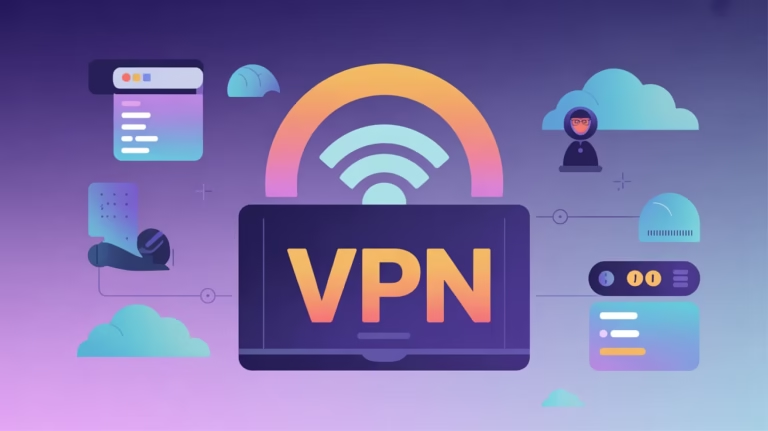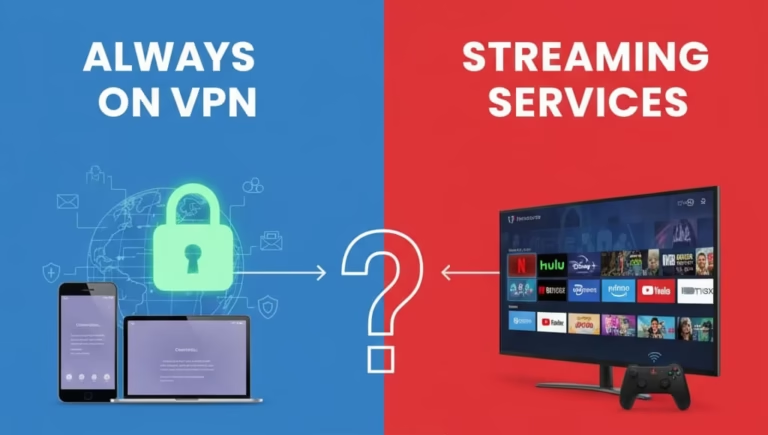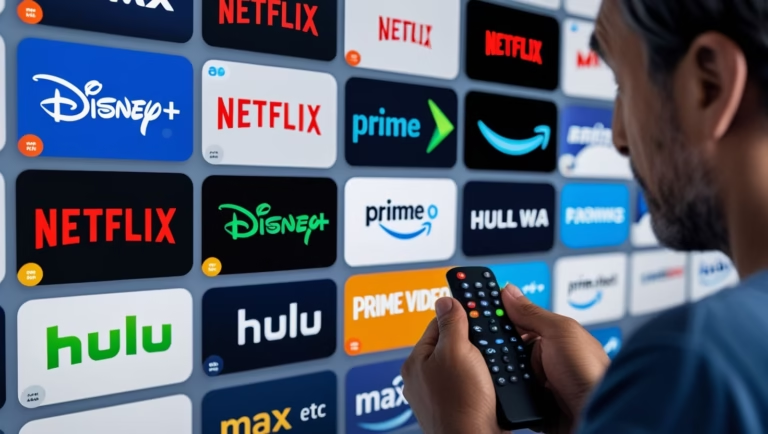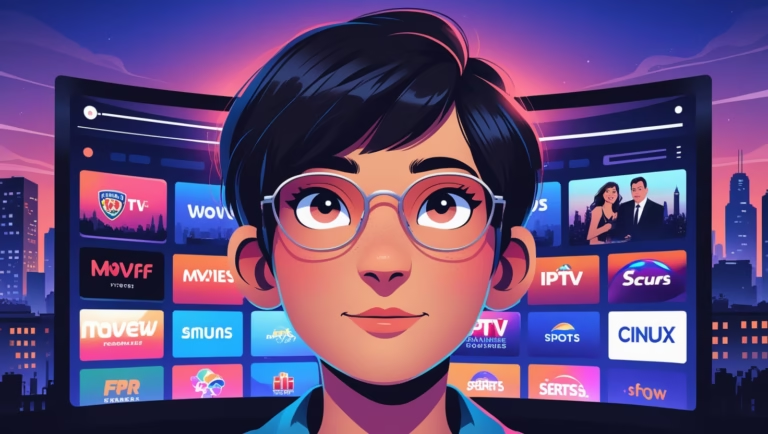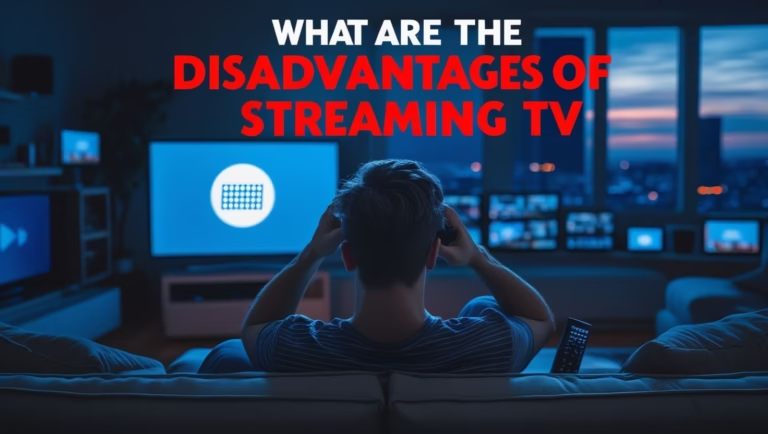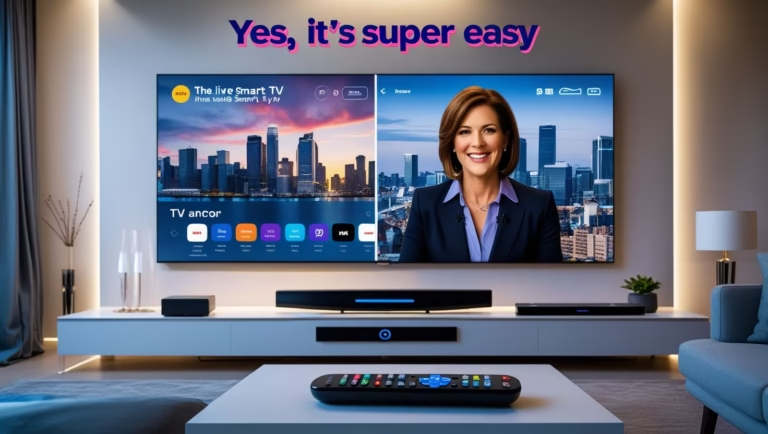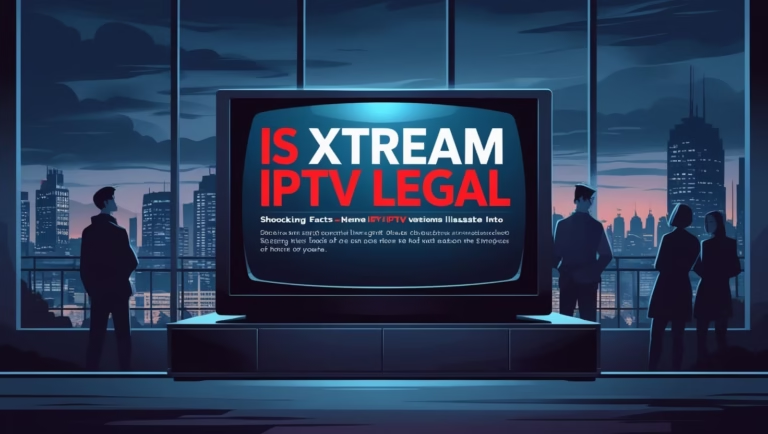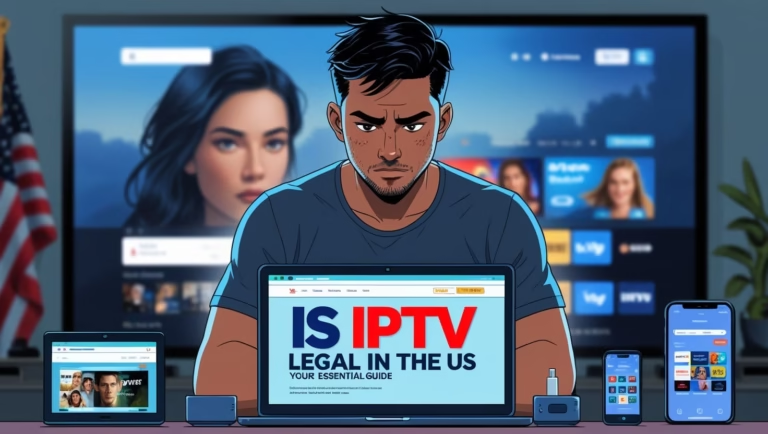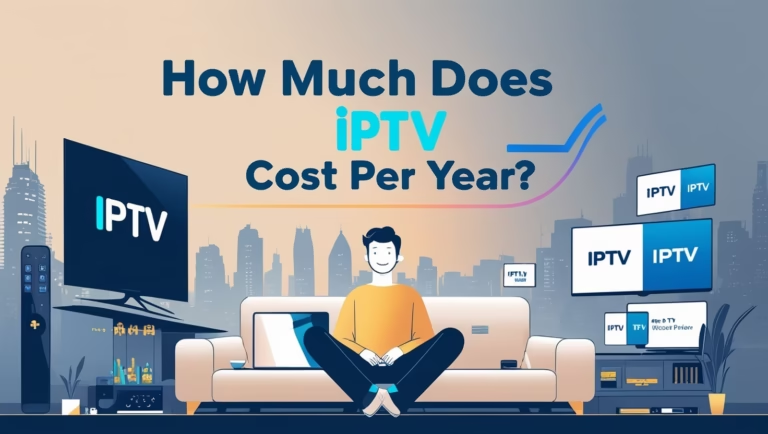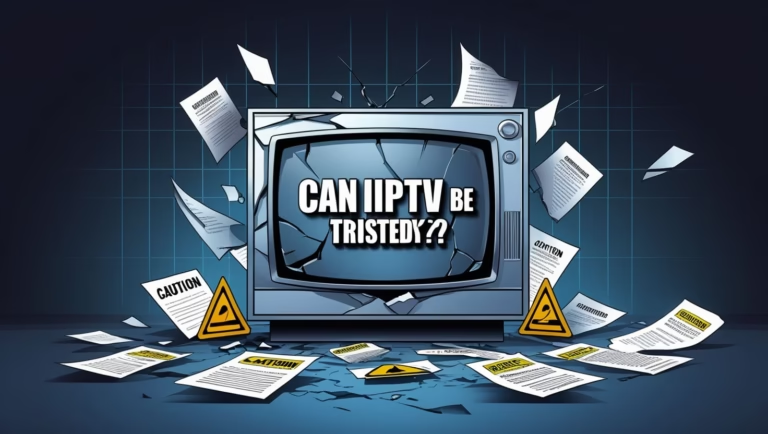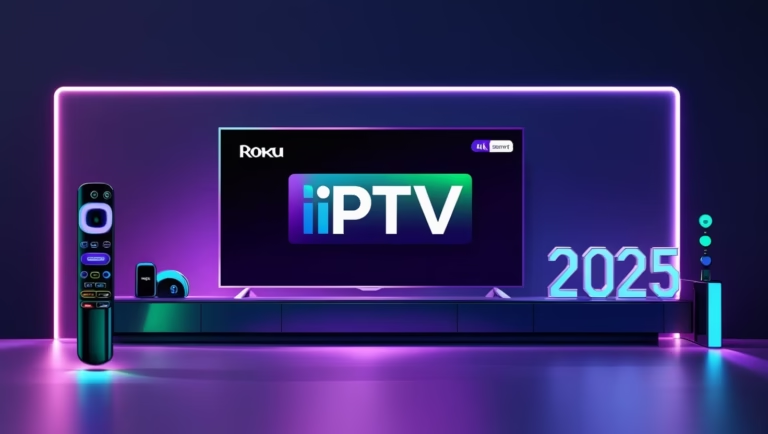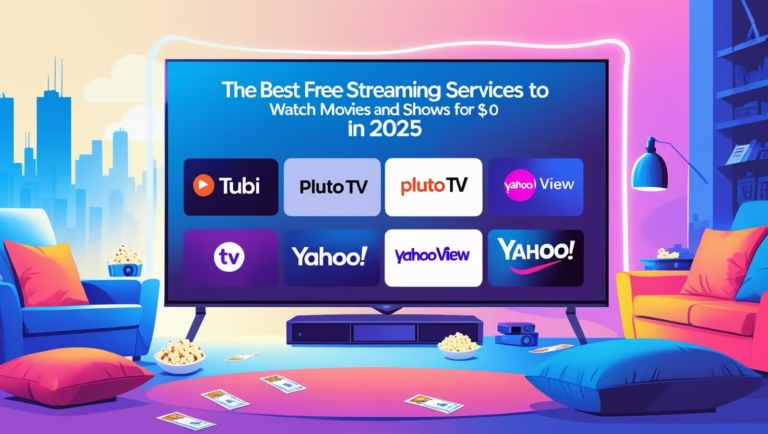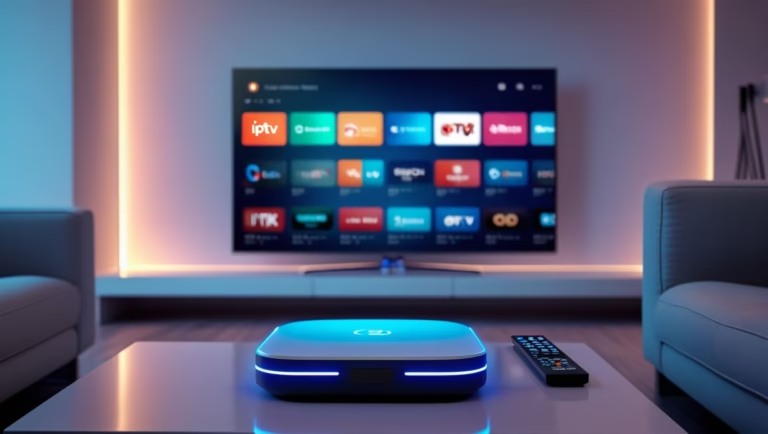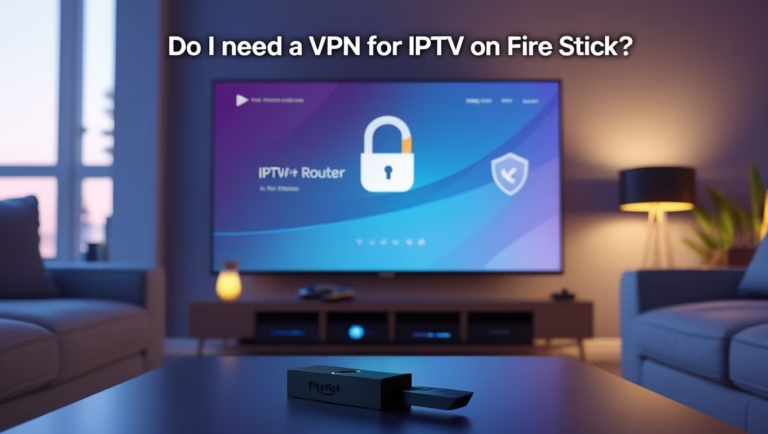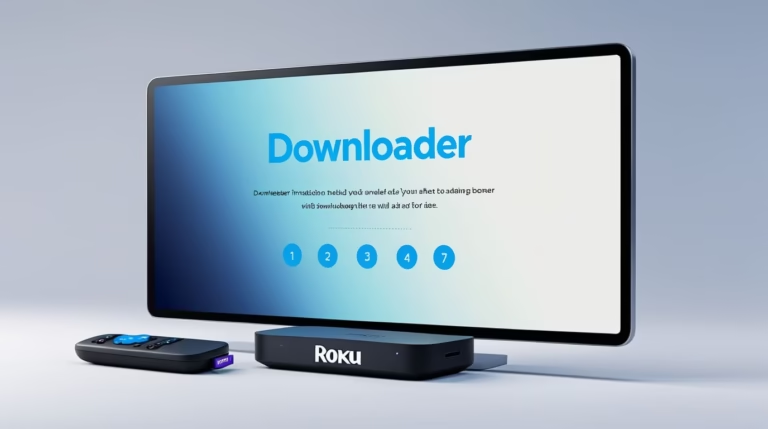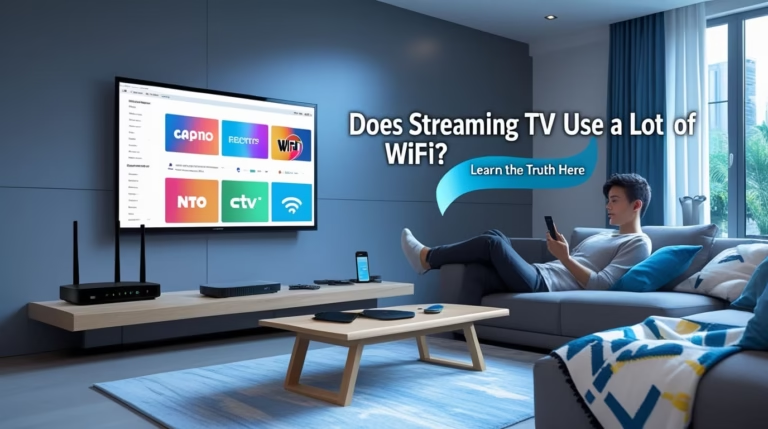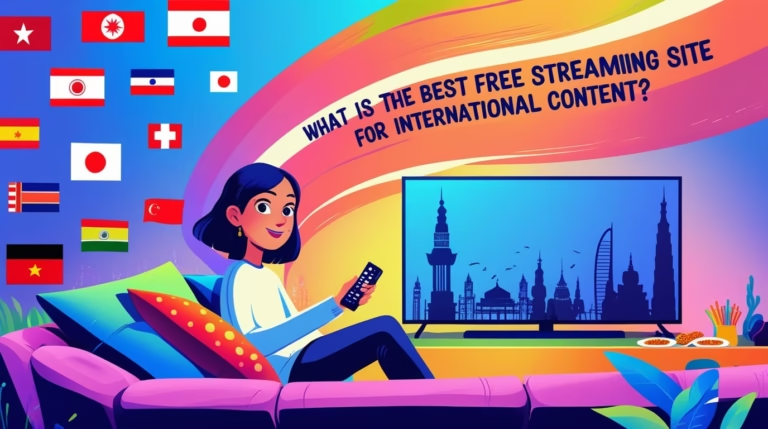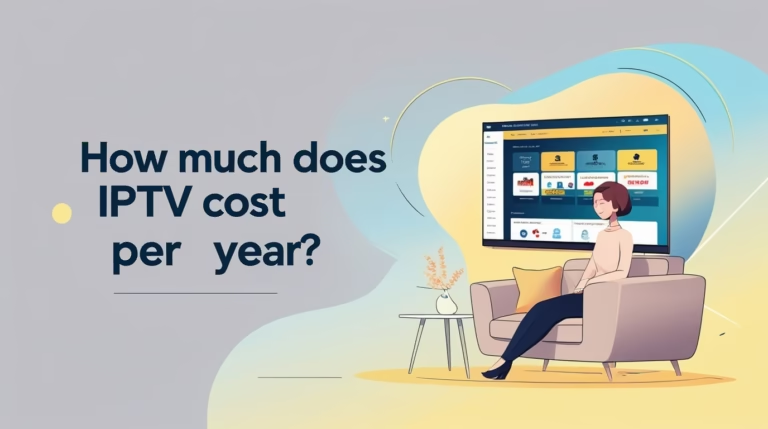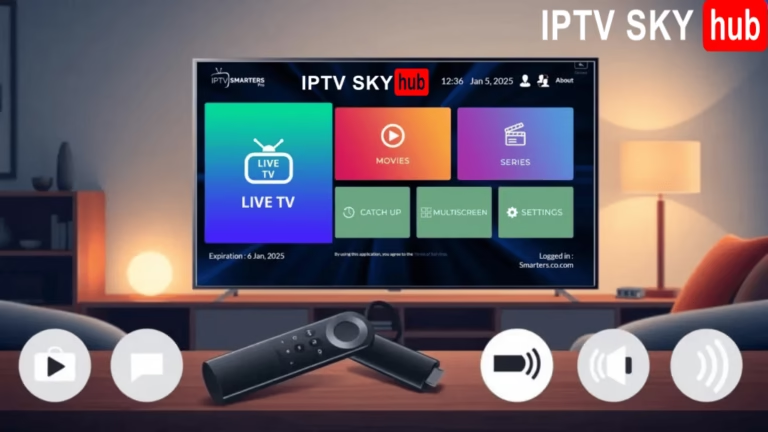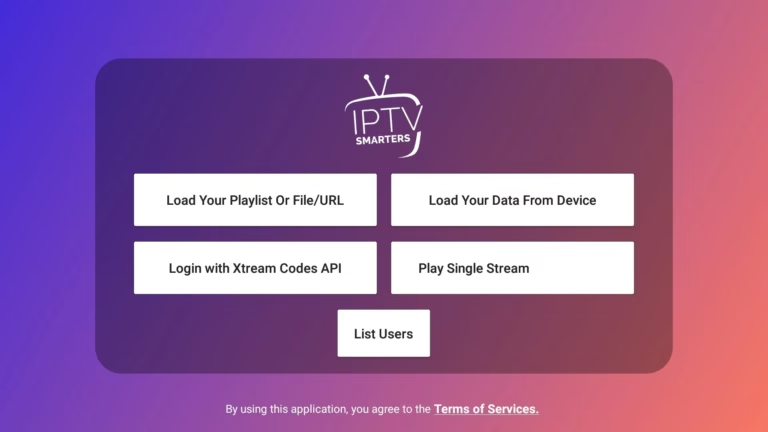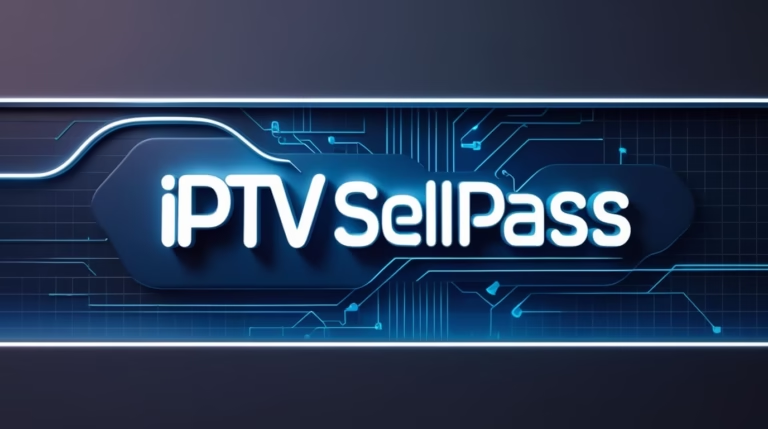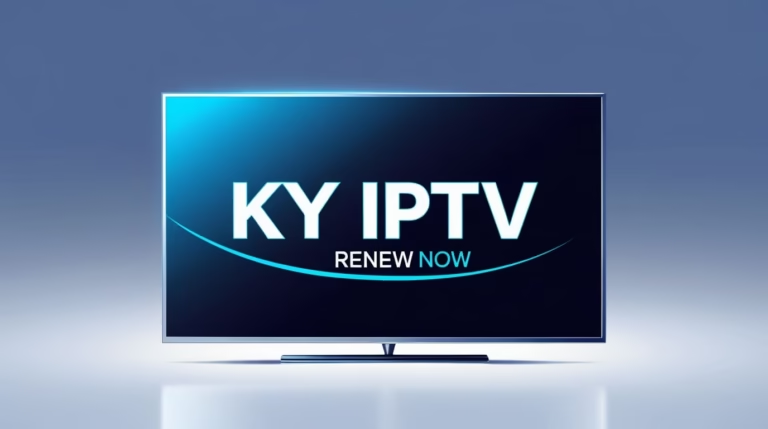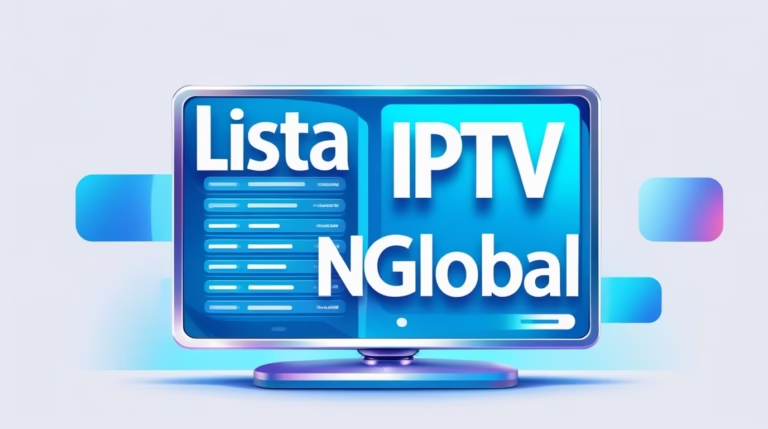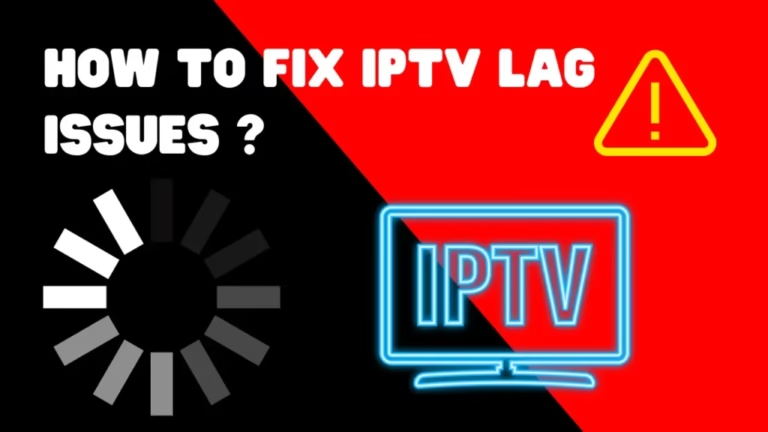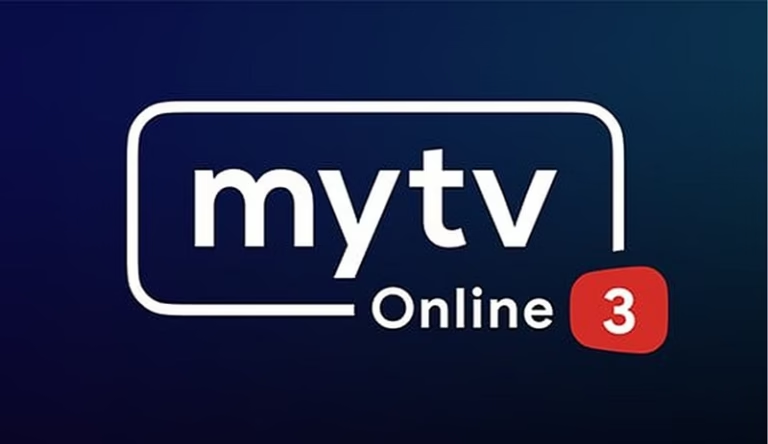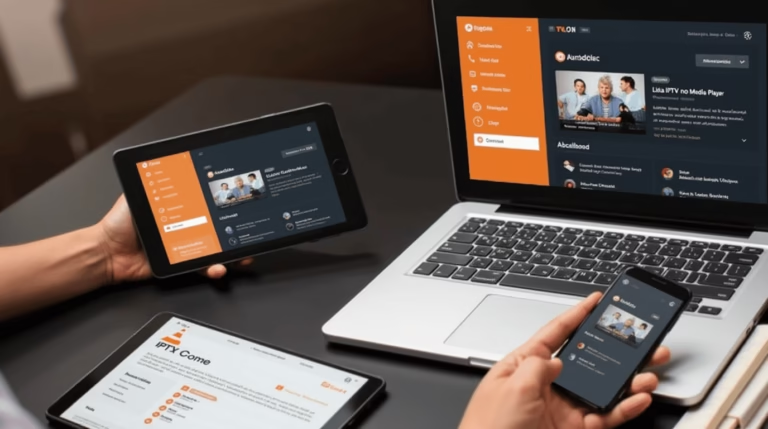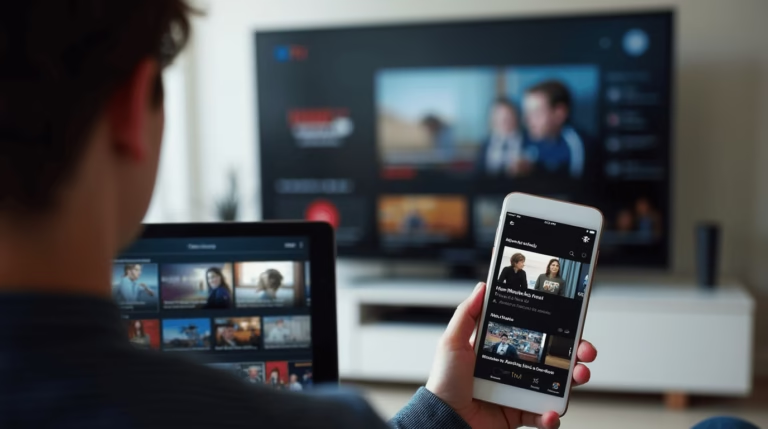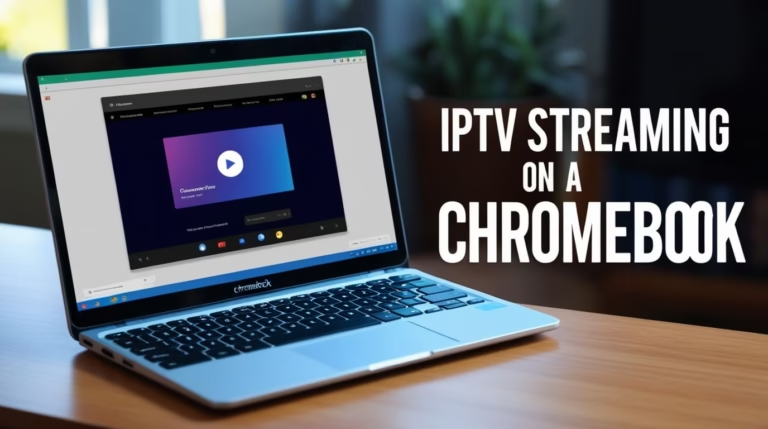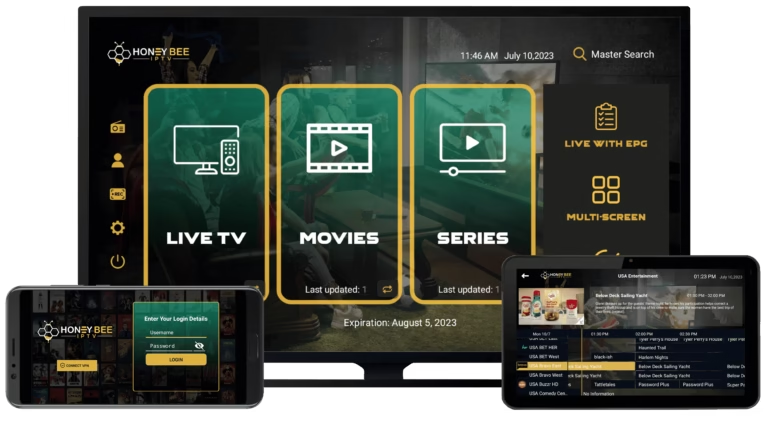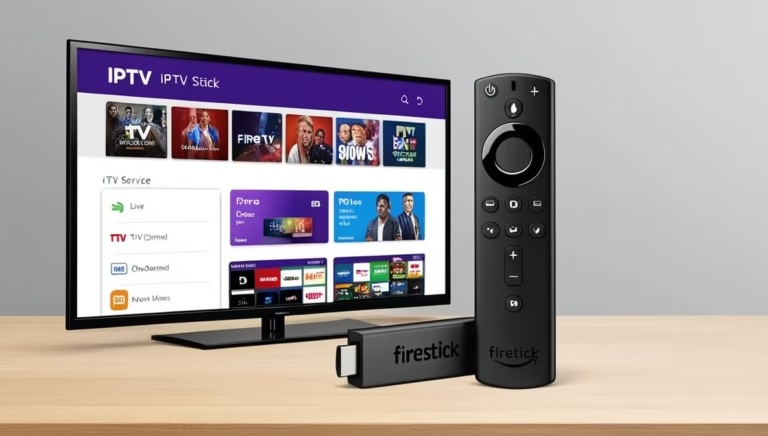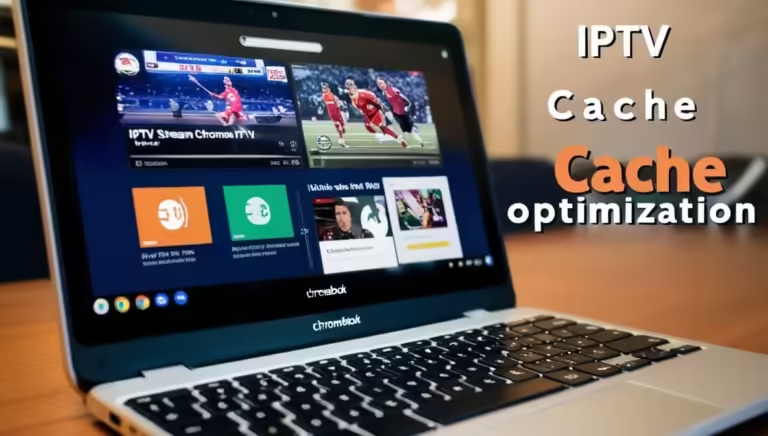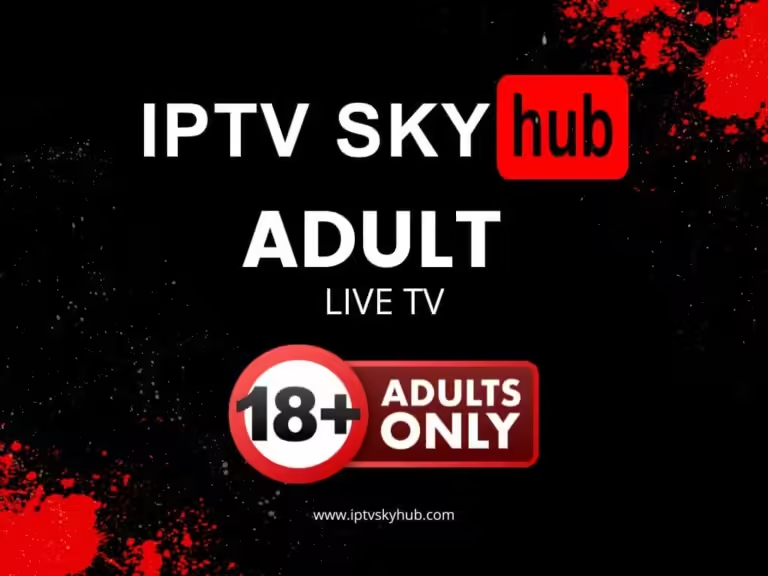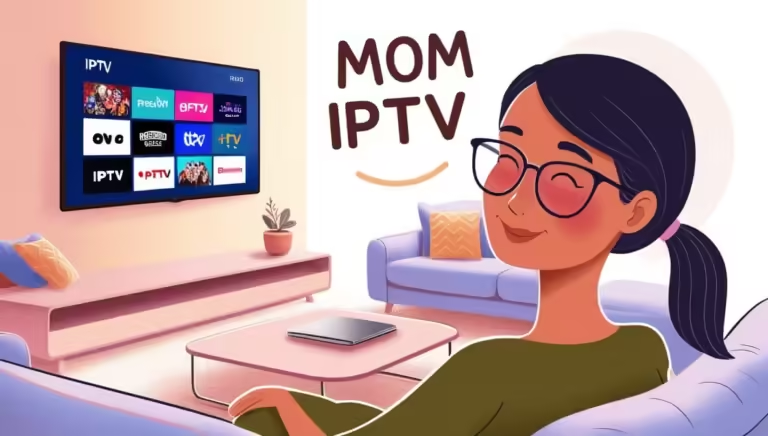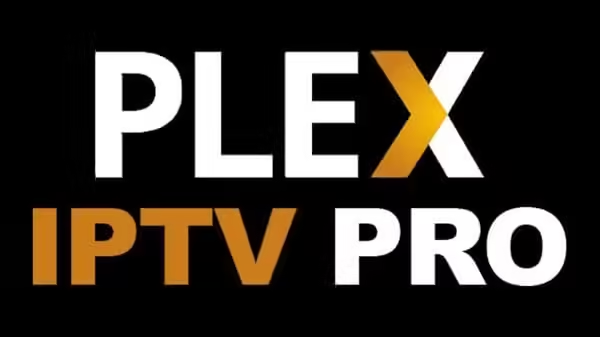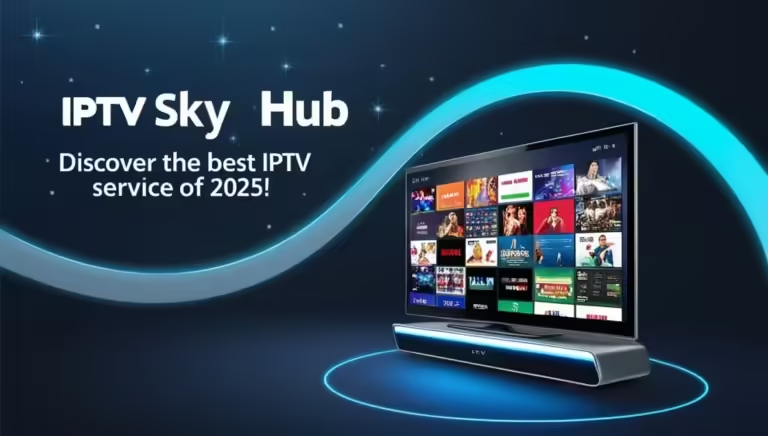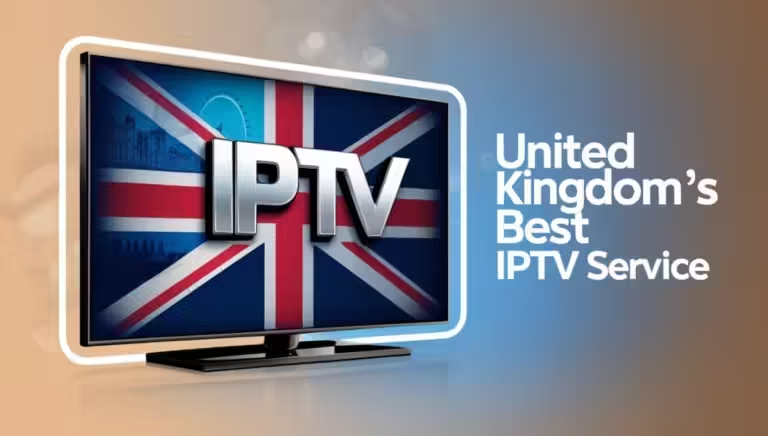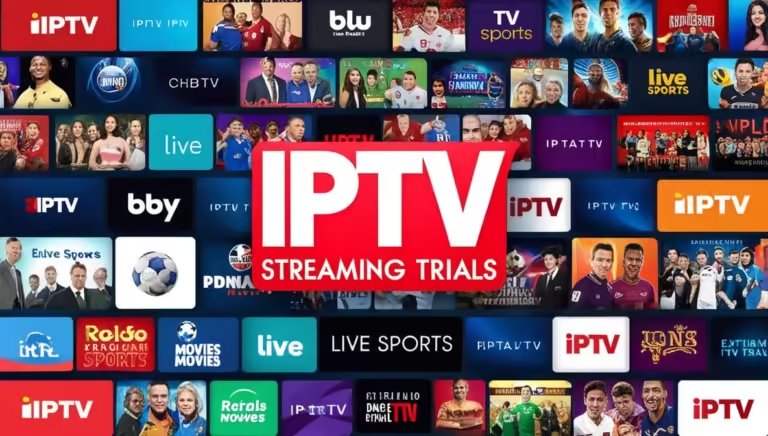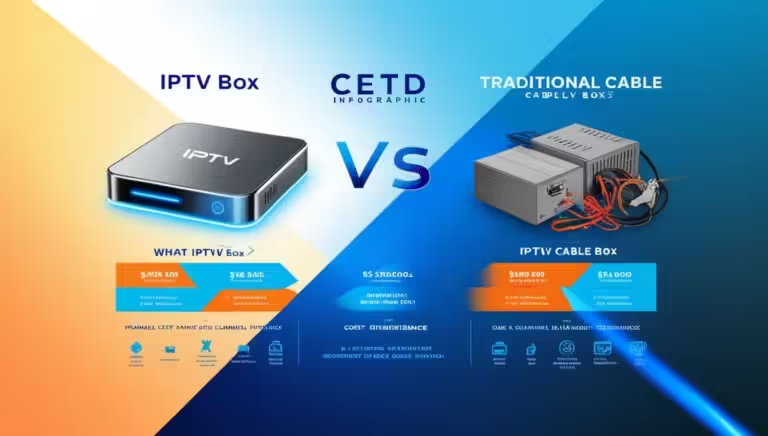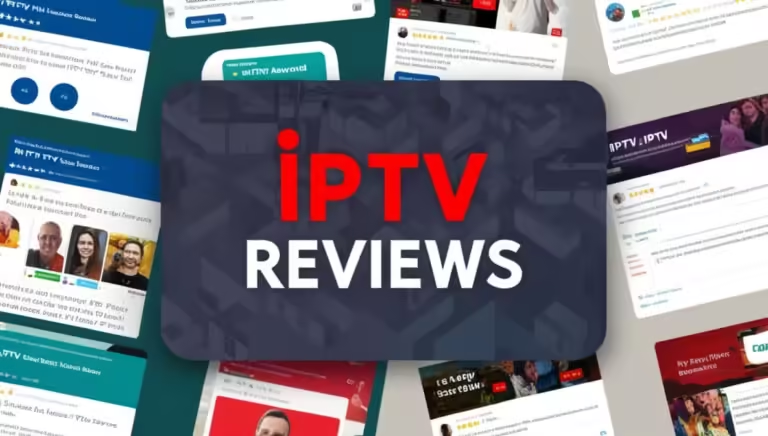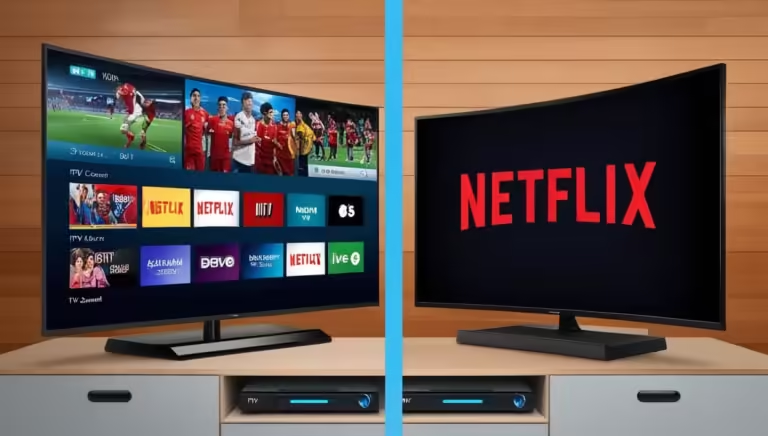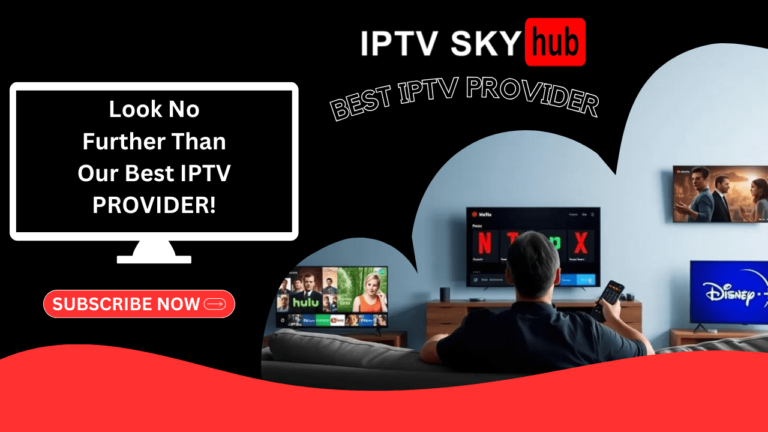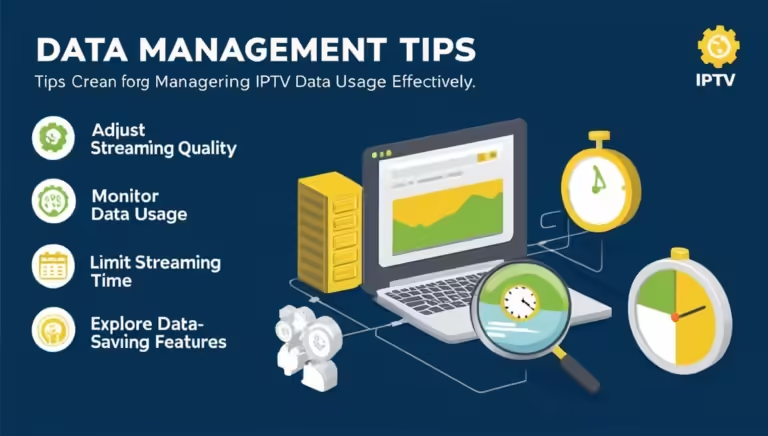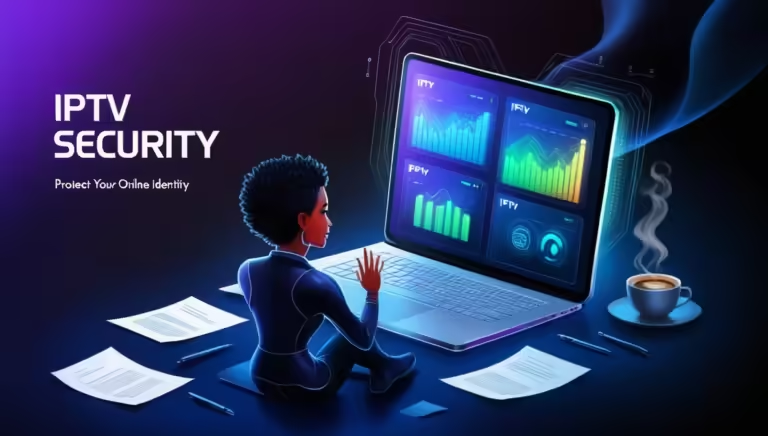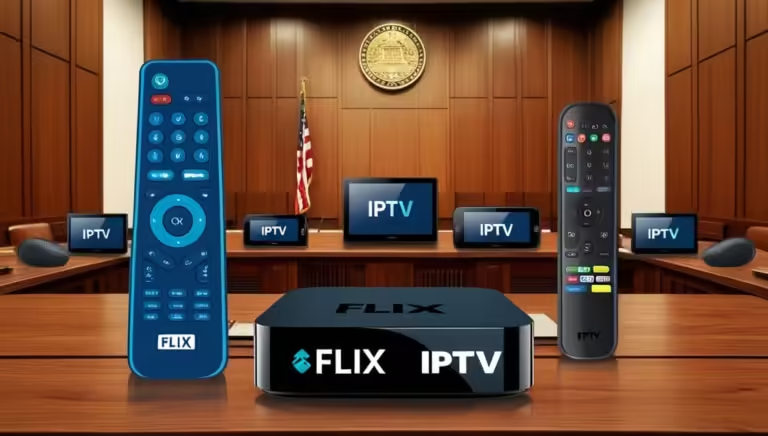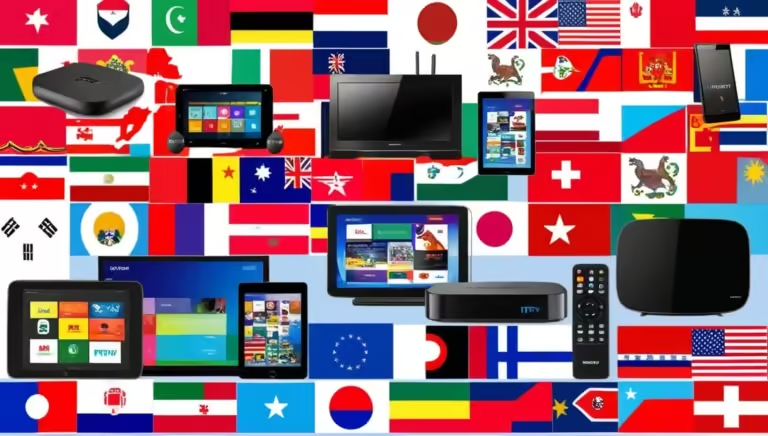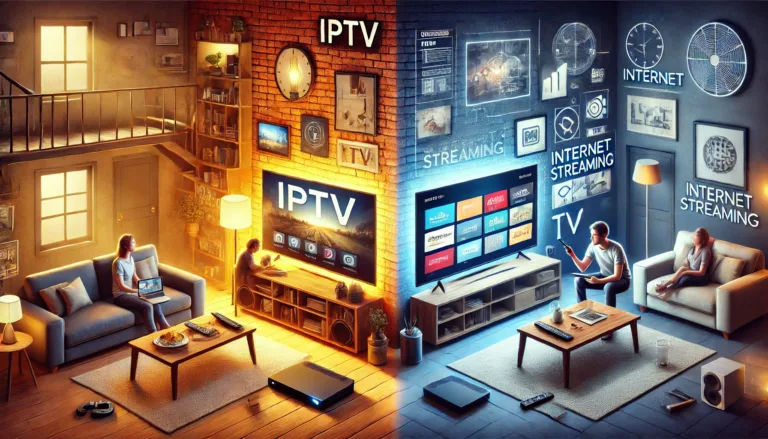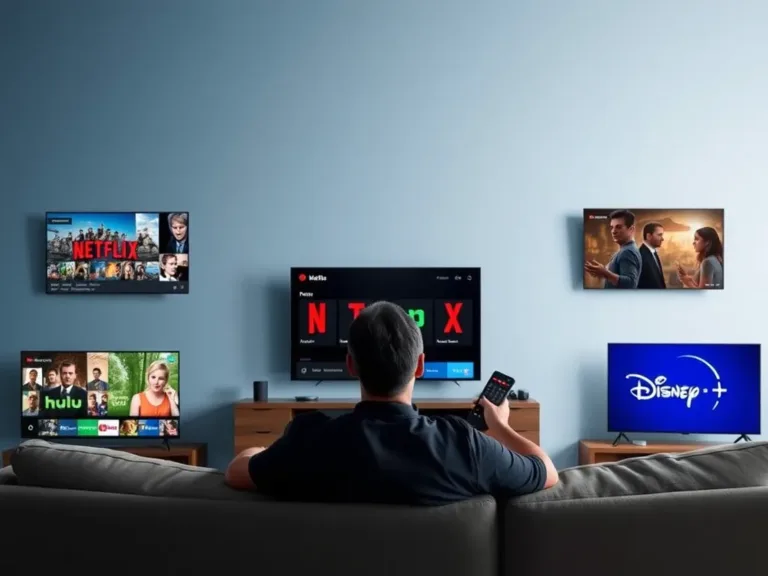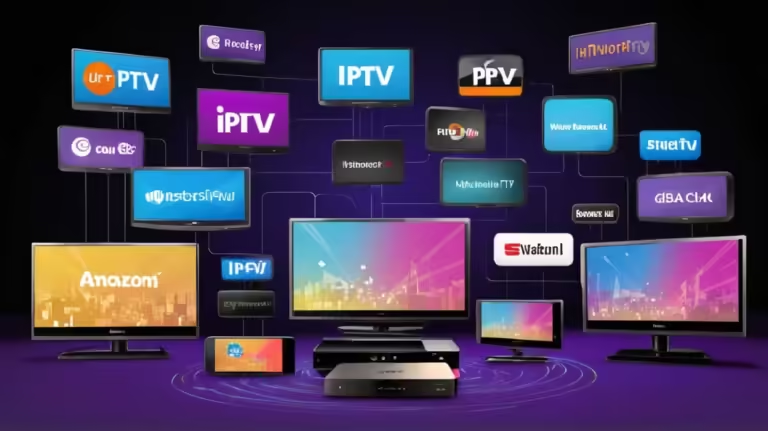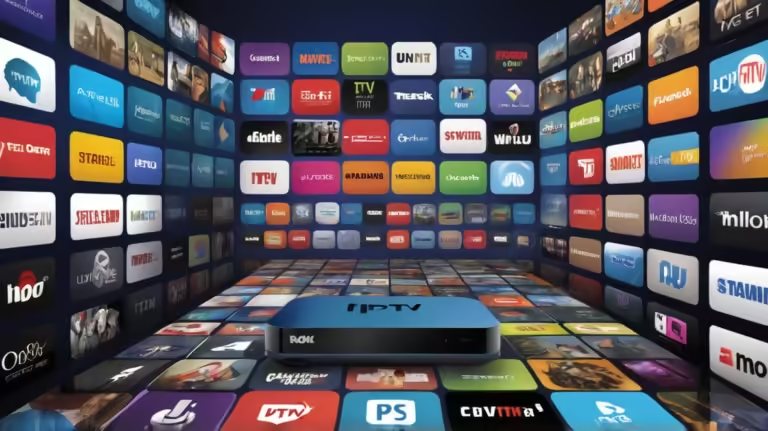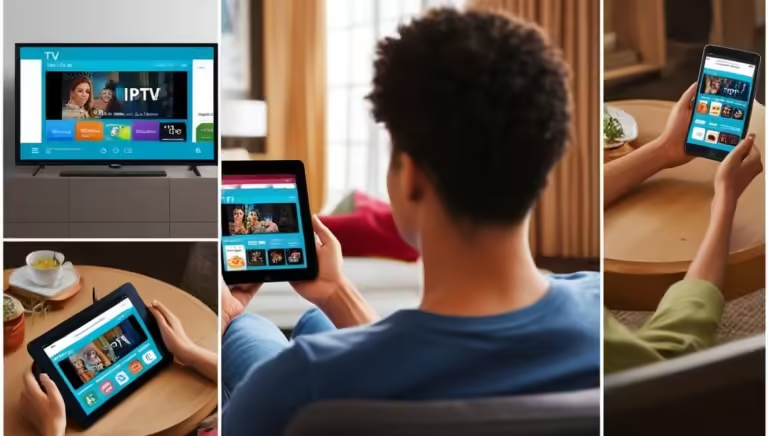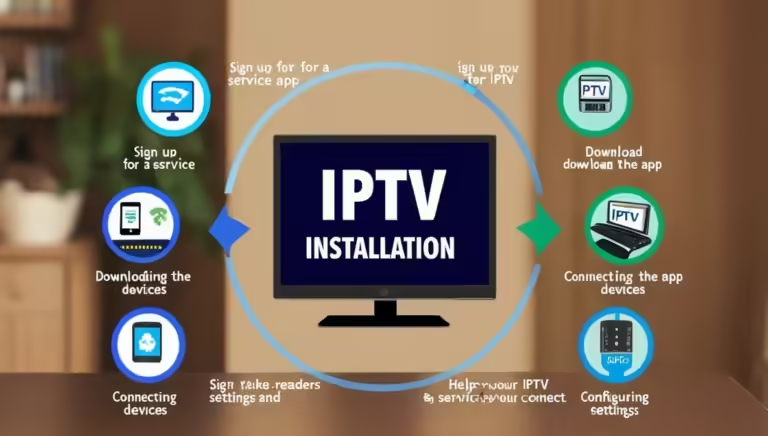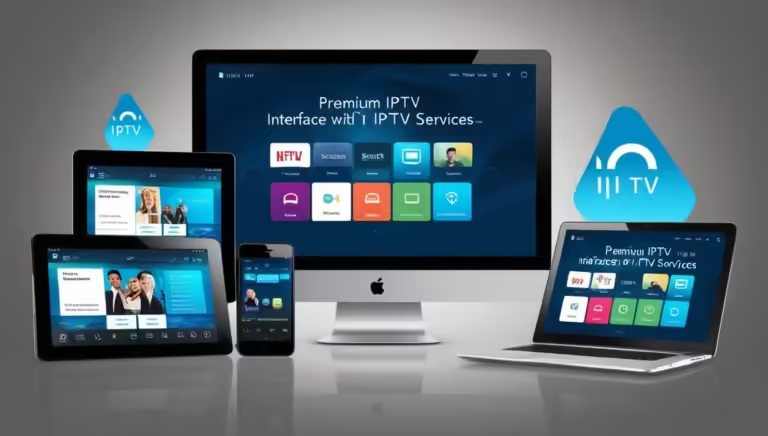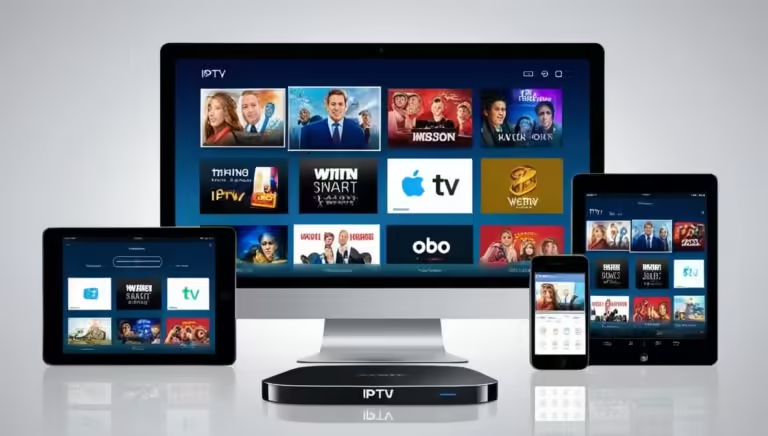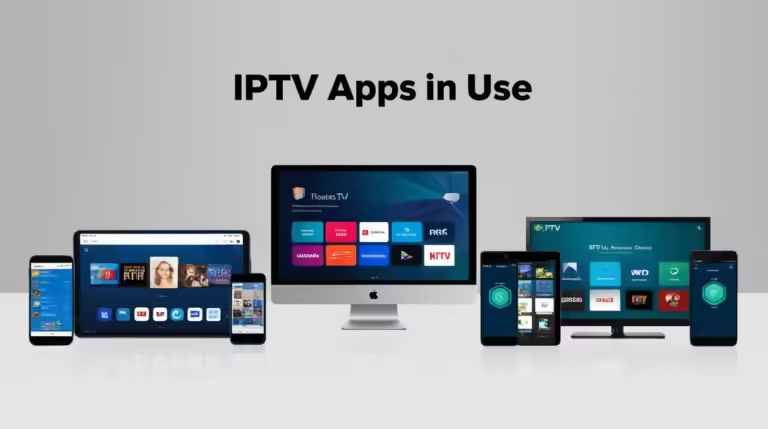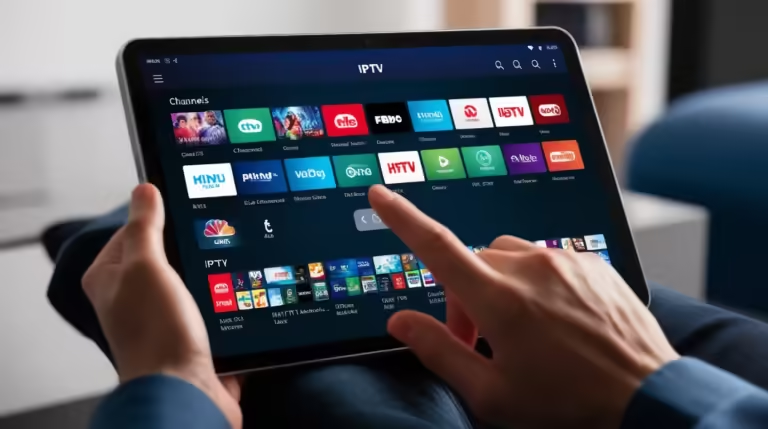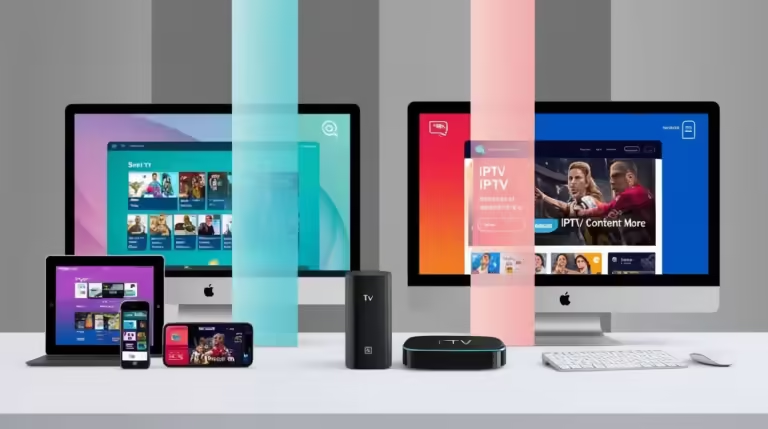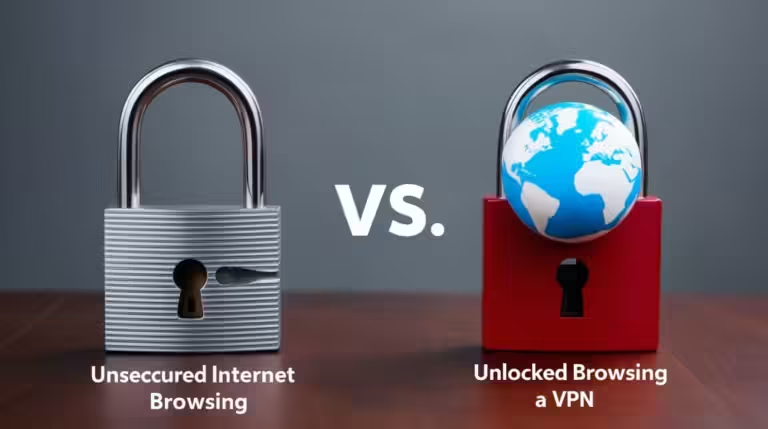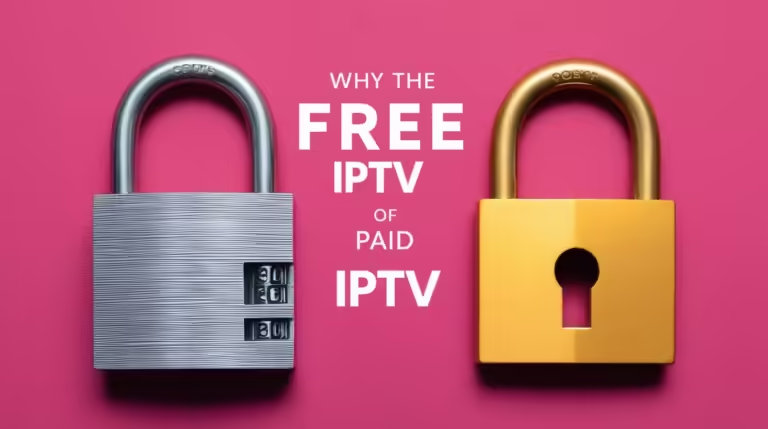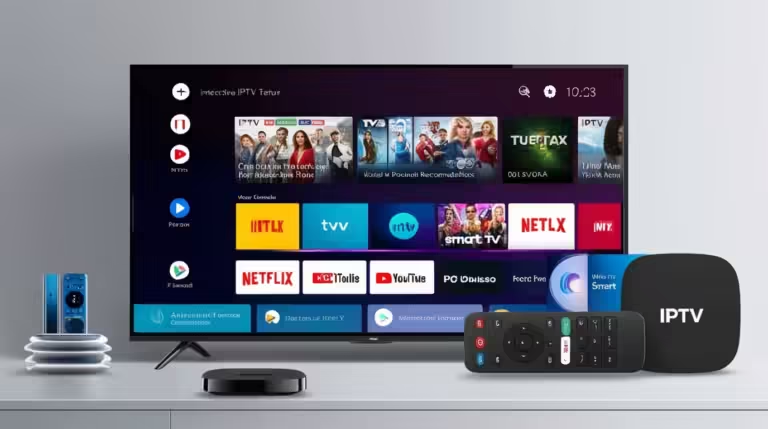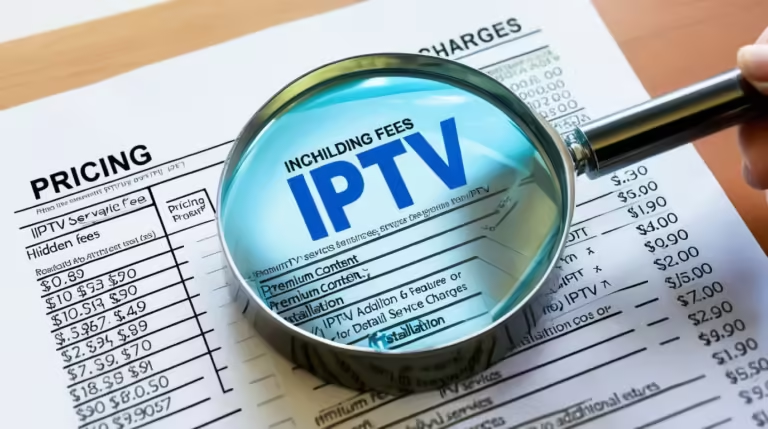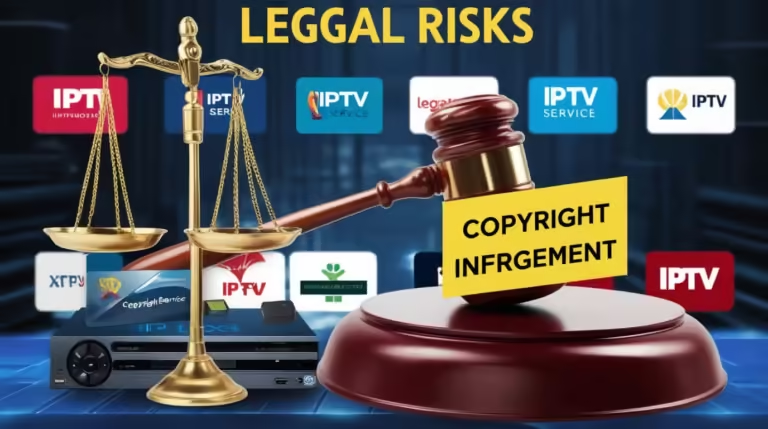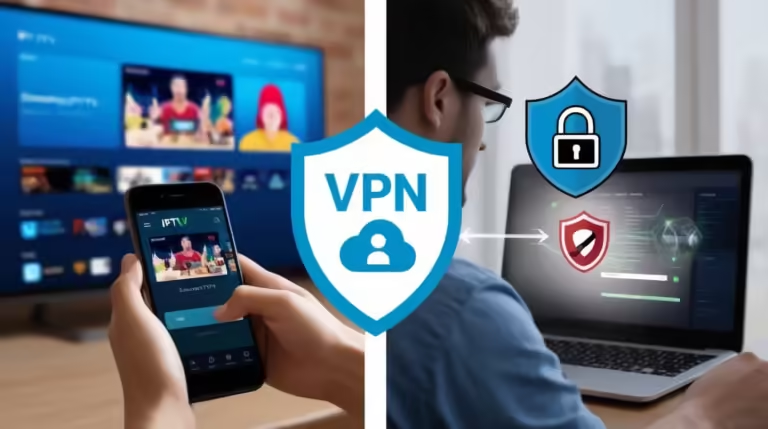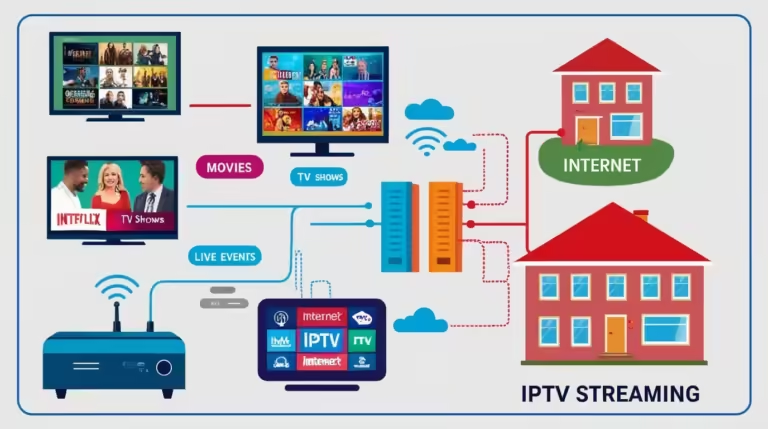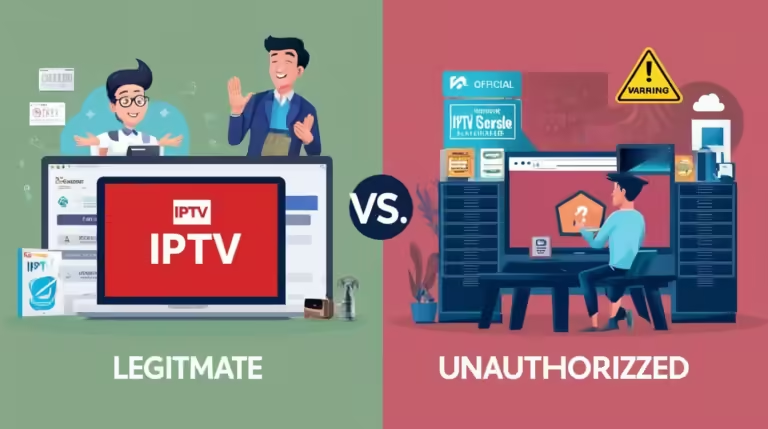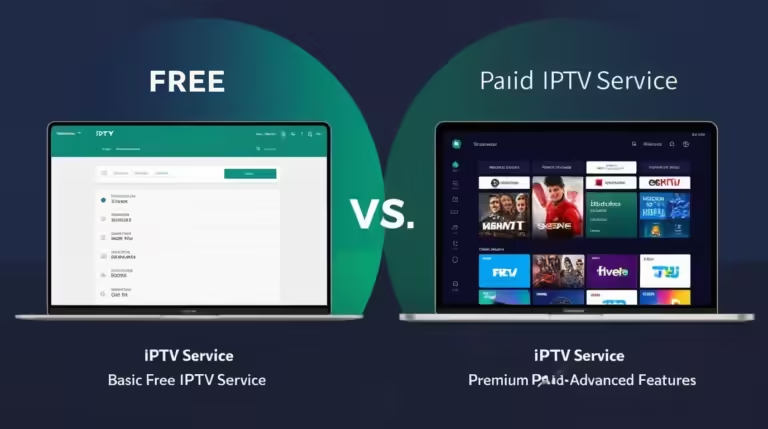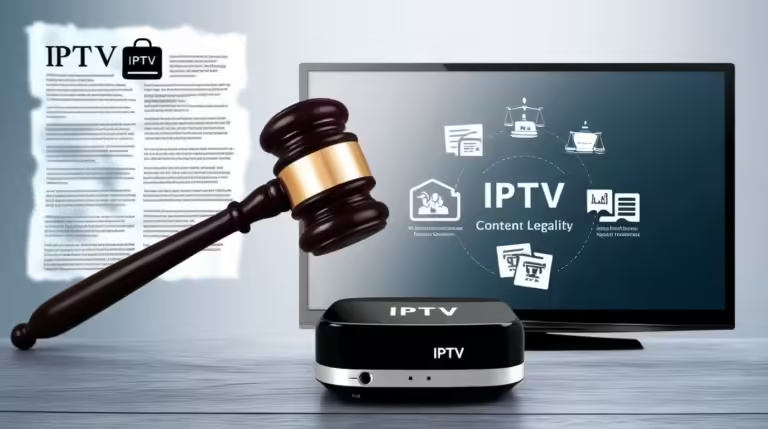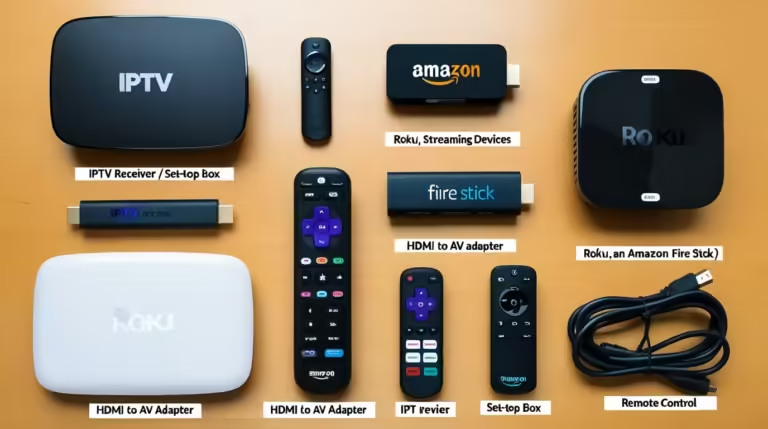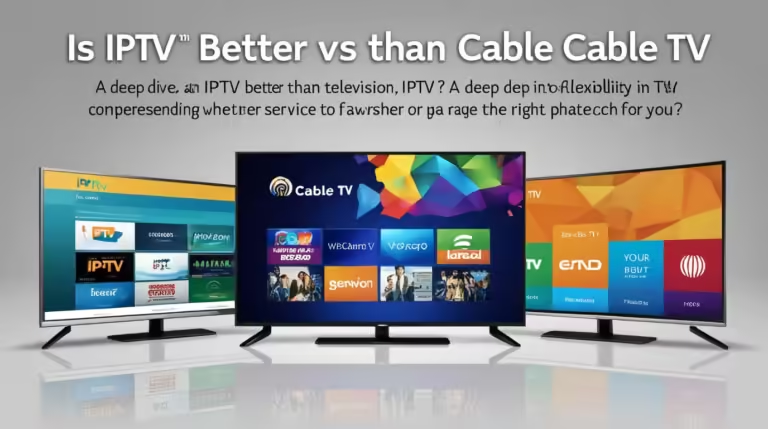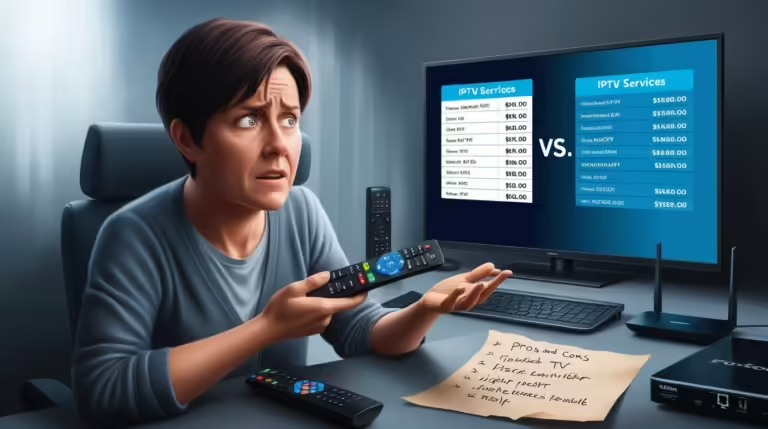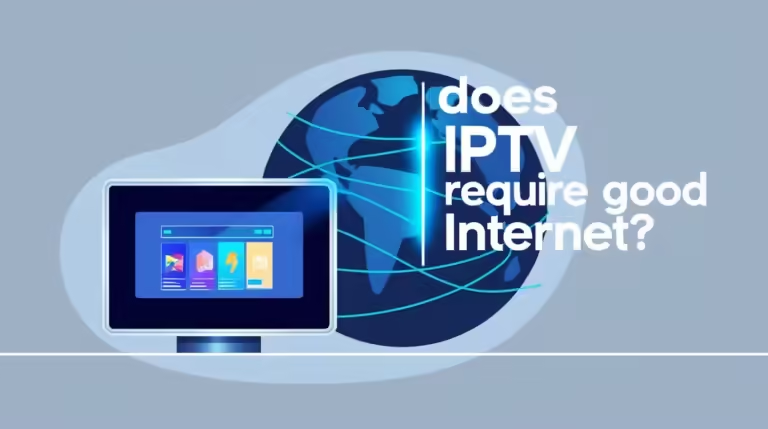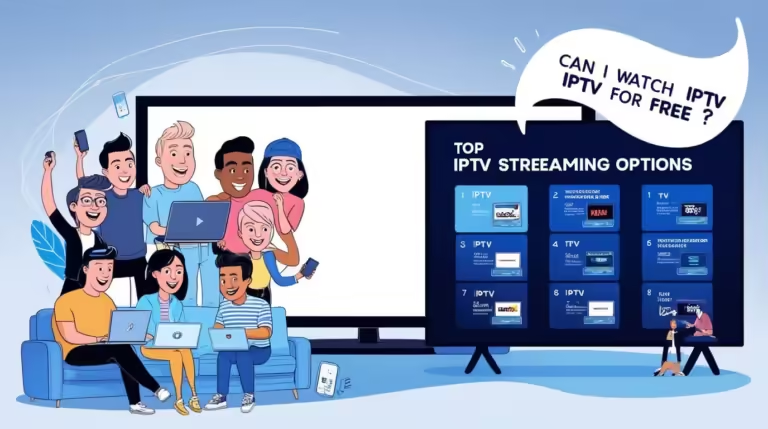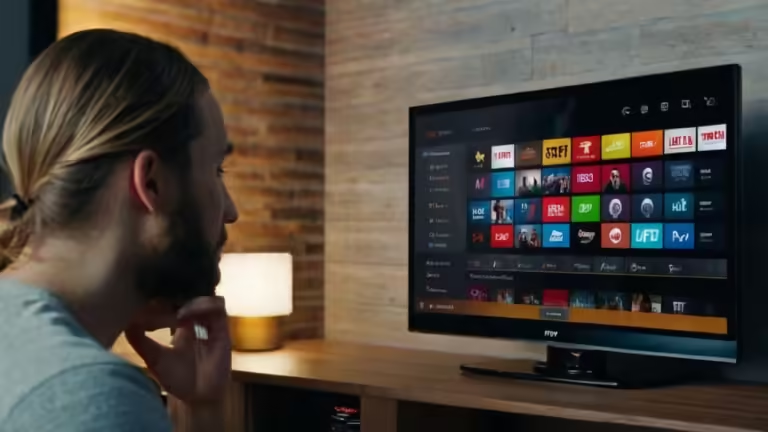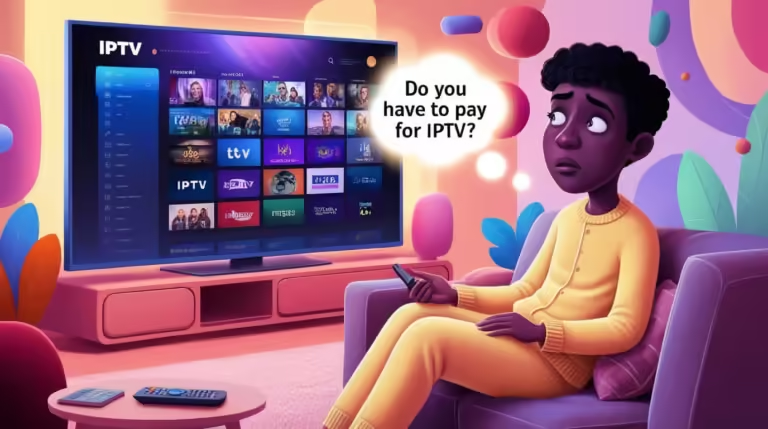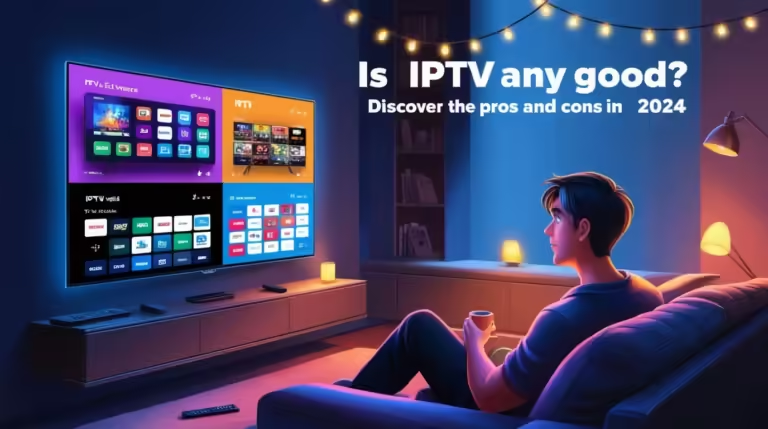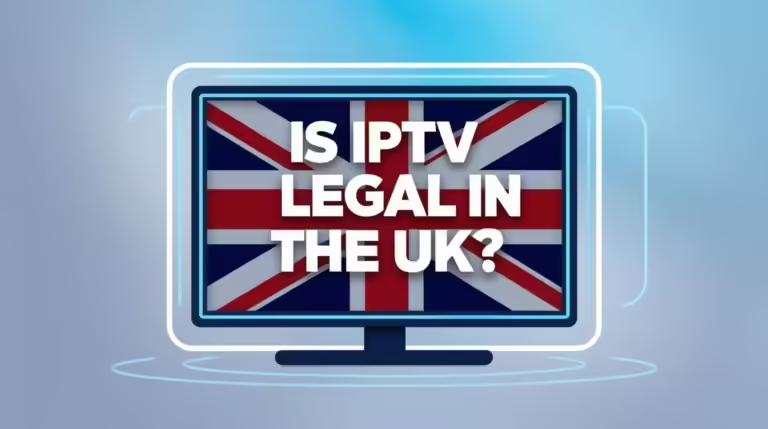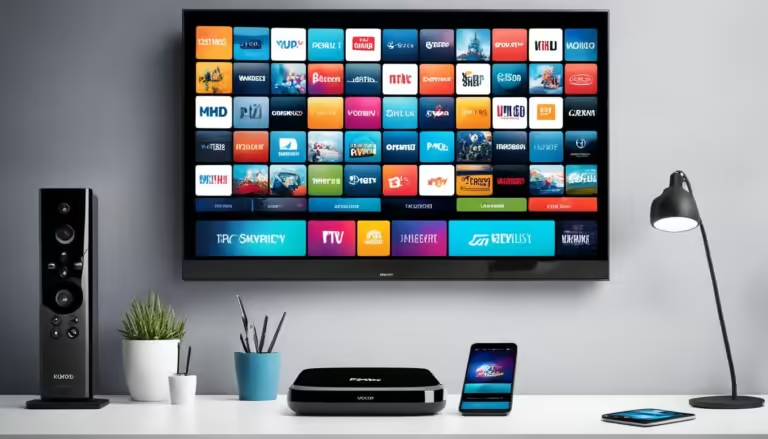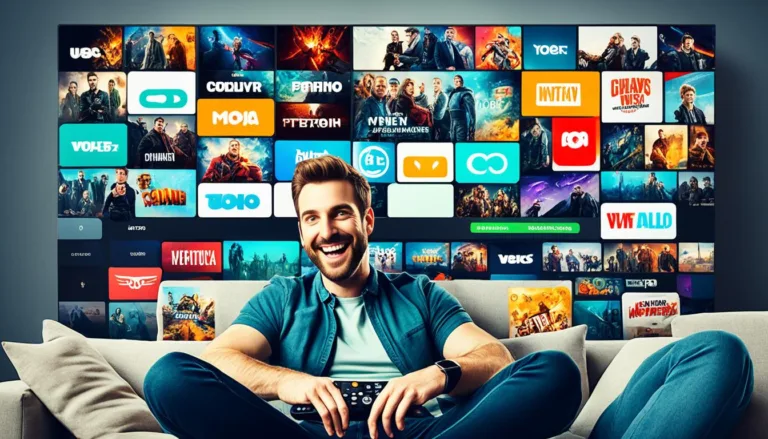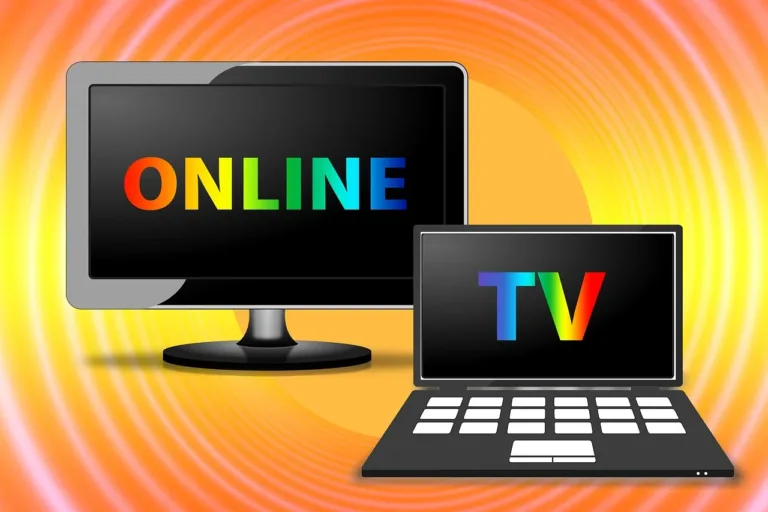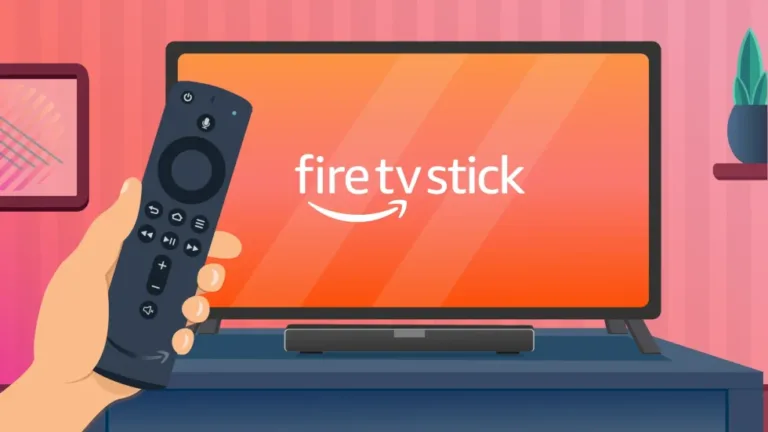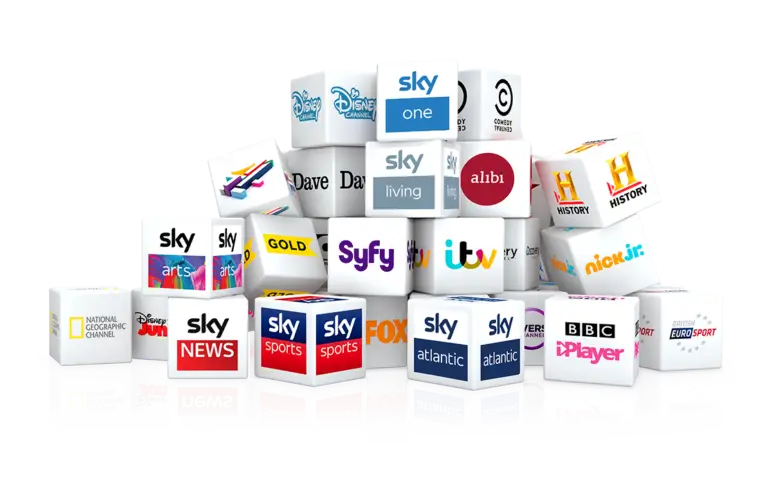In today’s fast-paced digital world, the way we consume television and video content has transformed dramatically. With the rise of various technologies, viewers now have a plethora of options to choose from. Among these options, IPTV (Internet Protocol Television) and internet streaming services are two of the most popular methods. But what is the difference between IPTV and internet streaming? And how do these technologies stand up to each other in 2024? Let’s dive into the exciting world of IPTV and internet streaming, unraveling their unique characteristics, and helping you decide which might be the better choice for your viewing preferences.
IPTV vs. Internet Streaming: What is the Difference?
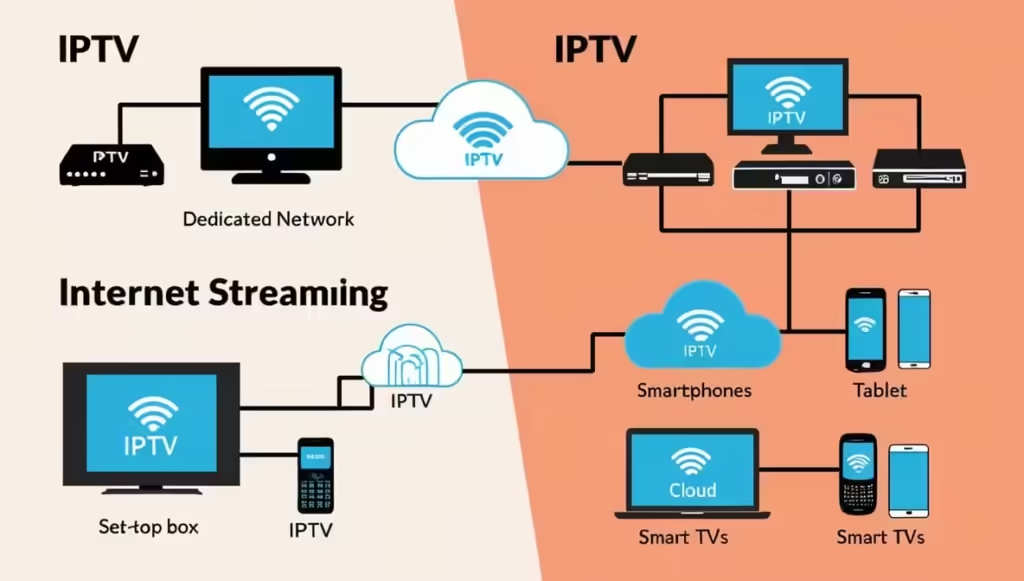
When it comes to understanding the difference between IPTV and internet streaming, it’s crucial to start with the basics. IPTV and internet streaming are both ways to deliver television content over the internet, but they operate through different mechanisms and cater to various viewing needs.
IPTV, or Internet Protocol Television, is a method of delivering television programming over a dedicated internet protocol network. Unlike traditional cable or satellite TV, which use broadcast signals or satellite transmissions, IPTV uses a network-based approach. This means that IPTV requires a specific internet connection and often utilizes set-top boxes or apps to deliver content to the viewer’s screen. The content is typically streamed live or on-demand, and IPTV services often offer a range of channels similar to traditional TV packages.
Internet streaming, on the other hand, refers to the delivery of content over the internet via streaming platforms. This method includes services like Netflix, Hulu, and Amazon Prime Video. Unlike IPTV, which might rely on a proprietary network or a cable-like subscription model, internet streaming services are generally accessible via a broadband connection and are available on a wide array of devices, including smart TVs, smartphones, tablets, and computers. Internet streaming typically involves content that is hosted on cloud servers and can be accessed through apps or websites.
So, what is the difference between IPTV and internet streaming in a broader sense? While both deliver content over the internet, IPTV often mirrors traditional TV with live channel offerings and structured packages, whereas internet streaming offers on-demand content with a focus on user convenience and customization.
How IPTV Transmits Content: Understanding the Core Differences

To grasp the full picture of IPTV versus internet streaming, it’s essential to explore how IPTV transmits content and what sets it apart from internet streaming methods. IPTV relies on a network infrastructure that is distinct from traditional internet streaming models.
IPTV’s Transmission Process:
- Dedicated Network: IPTV operates over a dedicated network infrastructure. This network can be a private IP network or an optimized internet connection provided by the IPTV service provider. This means IPTV can offer a more consistent quality of service, particularly for live broadcasts, as it avoids congestion typical of the public internet.
- Set-Top Boxes and Apps: To access IPTV, viewers often use a set-top box or an IPTV app. The set-top box connects to the television and the internet, managing the data stream and delivering it to the screen. IPTV apps, available on smart devices, provide a similar function by connecting to the IPTV service via the internet.
- Streaming Protocols: IPTV uses specific streaming protocols like MPEG-2, MPEG-4, or even newer formats such as H.265. These protocols ensure that content is transmitted efficiently over the dedicated network. IPTV also utilizes multicast technology, allowing the transmission of multiple channels simultaneously to multiple users.
Internet Streaming Transmission Process:
- Broadband Connection: Internet streaming relies on a broadband internet connection, which can be either fiber-optic, cable, or even wireless. Unlike IPTV, which might require a dedicated network, internet streaming utilizes the public internet.
- Cloud-Based Servers: Content for internet streaming services is hosted on cloud servers. This allows for scalable storage and the delivery of vast libraries of content to viewers on-demand. The content is streamed using adaptive bitrate streaming, which adjusts the video quality based on the viewer’s internet speed.
- Universal Access: Internet streaming services are accessible from a wide range of devices, including computers, tablets, smartphones, and smart TVs. This universal access is facilitated by using standard web protocols and applications that are designed to work across various platforms.
The core difference here lies in the infrastructure and delivery methods. IPTV’s use of a dedicated network and set-top boxes or apps contrasts with the more flexible and device-agnostic approach of internet streaming services.
Internet Streaming Unveiled: What Sets It Apart from IPTV?
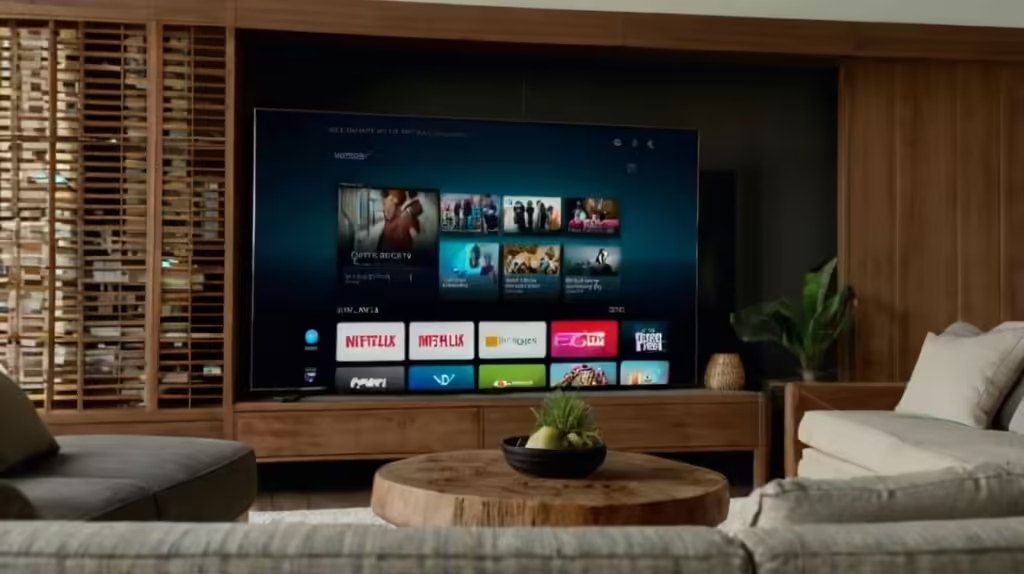
As we delve deeper into internet streaming, it’s fascinating to see how this technology sets itself apart from IPTV. Internet streaming has evolved rapidly, driven by technological advancements and changing consumer preferences.
Key Features of Internet Streaming:
- On-Demand Content: One of the major advantages of internet streaming is its focus on on-demand content. Unlike IPTV, which often provides a live TV experience similar to traditional cable, internet streaming platforms allow users to watch content whenever they want. This includes entire seasons of TV shows, movies, and exclusive content produced by the streaming service itself.
- Personalization and Recommendations: Internet streaming platforms excel in offering personalized viewing experiences. Through advanced algorithms and machine learning, these services analyze viewing habits and preferences to provide tailored recommendations. This level of personalization is something IPTV typically does not offer.
- Global Accessibility: Internet streaming services are generally available worldwide, with some geographical restrictions based on licensing agreements. This global reach means that viewers can access a diverse range of content from different regions, a feature that IPTV services may not always provide due to regional limitations.
- Subscription Models: Internet streaming platforms often offer flexible subscription models, including ad-supported options, monthly or yearly subscriptions, and even free trials. This flexibility contrasts with IPTV’s more traditional subscription packages, which may bundle multiple channels and require long-term commitments.
- Integration with Smart Devices: Internet streaming seamlessly integrates with a variety of smart devices, including voice-controlled assistants, smart TVs, and gaming consoles. This integration allows for a more interactive and connected viewing experience, leveraging the latest technology trends.
The standout feature of internet streaming is its adaptability and emphasis on user convenience. While IPTV provides a traditional television experience, internet streaming has revolutionized content consumption with on-demand access, personalization, and global reach.
Which is Better for You? Comparing IPTV and Internet Streaming for Modern Viewers
When deciding between IPTV and internet streaming, the choice ultimately depends on your viewing preferences and needs. Both technologies offer unique benefits and cater to different aspects of the viewing experience.
Consider IPTV If:
- You Prefer Live Television: If you’re a fan of live TV, including news, sports, and real-time programming, IPTV might be more appealing. Its ability to deliver live channels with minimal delay can enhance your viewing experience for live events.
- You Enjoy a Traditional TV Experience: For those who prefer a traditional TV setup with channel packages similar to cable or satellite TV, IPTV offers a familiar experience. The use of set-top boxes and structured packages aligns with the conventional TV model.
- You Need Centralized Content Management: IPTV is ideal for commercial settings, such as hotels or hospitals, where centralized control of TV content is crucial. It allows for managing multiple channels and content feeds from a single source.
Consider Internet Streaming If:
- You Want On-Demand Content: If you value the flexibility to watch content on your own schedule, internet streaming is the way to go. With access to entire libraries of shows and movies, you can binge-watch at your convenience.
- You Seek Personalized Recommendations: Internet streaming services excel in providing personalized content suggestions based on your viewing habits. This feature enhances your overall viewing experience by making it easier to discover new content.
- You Use Multiple Devices: If you access content from various devices, such as smartphones, tablets, and smart TVs, internet streaming offers a seamless experience across all these platforms. The ability to watch on the go and switch between devices is a significant advantage.
- You Prefer Flexible Subscription Options: Internet streaming provides a range of subscription models, including ad-supported tiers and flexible plans. This flexibility allows you to choose an option that fits your budget and viewing preferences.
In conclusion, both IPTV and internet streaming have their unique strengths and cater to different viewing needs. IPTV offers a traditional TV experience with live channels and centralized control, while internet streaming provides on-demand content, personalization, and device flexibility. By understanding the differences between these technologies, you can make an informed choice that aligns with your entertainment preferences in 2024.

